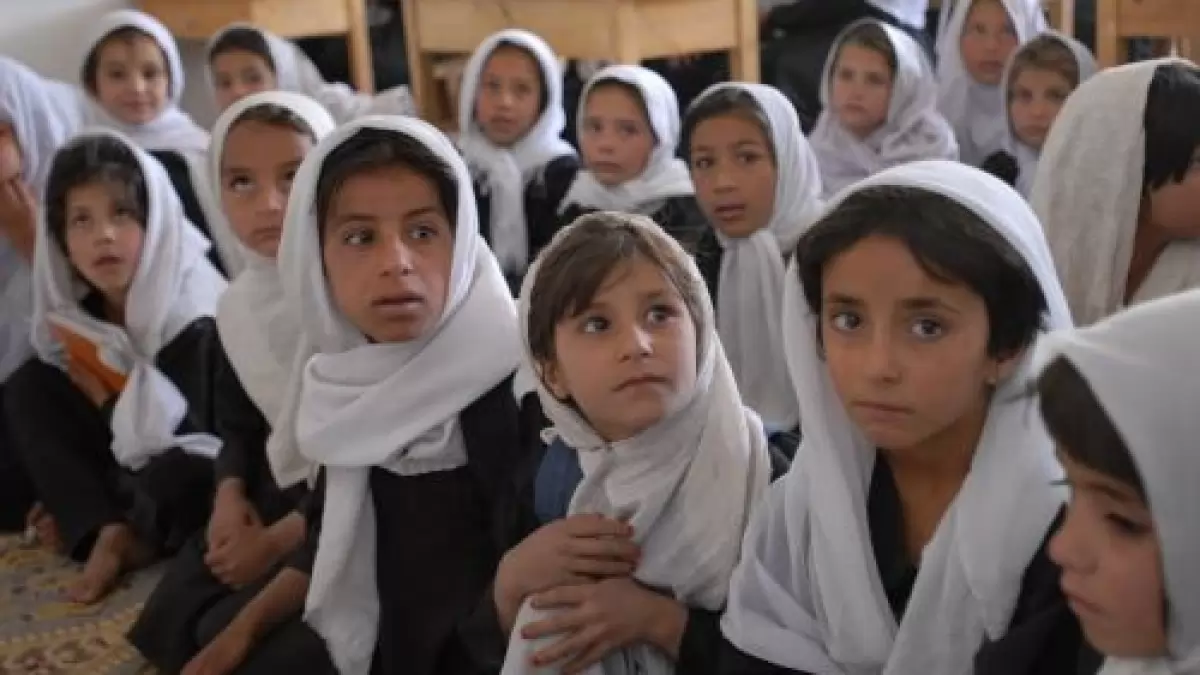
Needpix
Kabul, Afghanistan: In a recent move, Taliban intelligence forces conducted raids on schools teaching foreign languages to girl students, sealing their gates in the process.
The Ministry of Education, the Department of Promotion of Virtue and Prevention of Vice, and Taliban intelligence forces jointly carried out the operation, reported Khaama Press on Tuesday.
In Herat province, certain educational centres faced restrictions on admitting girls due to non-compliance with directives from the local government. Approximately ten schools had their gates sealed as a result of the authorities' intervention, preventing girls from attending courses.
One school director highlighted that the prohibition on girls' presence was attributed to male teachers instructing them. The closure of school gates in Herat has added to the challenges faced by girls seeking education.
Nisar Ahmad Elias, the spokesman for the Herat governor, expressed unawareness regarding the closure of school gates, emphasizing the need for more information to clarify the situation.
Despite the closure of schools and universities, some girls in Afghanistan continue their foreign language studies in various educational institutions. The closure of educational spaces for girls has persisted for over 600 days since the Taliban restricted their access beyond the sixth grade.
Women's rights activists, such as Firoza Amini, have raised concerns about the mental health and rights of girls in the face of such restrictions. The prolonged closure of educational institutions for girls has led to increased depression, despair, and demotivation among female students.
Since the Taliban regained control in Afghanistan, they have imposed various decrees, particularly targeting women. The restrictions have limited women's access to education, employment, and public spaces, posing significant challenges to the advancement of women's rights in the war-torn country.





Copyright © 2025 Top Indian News
